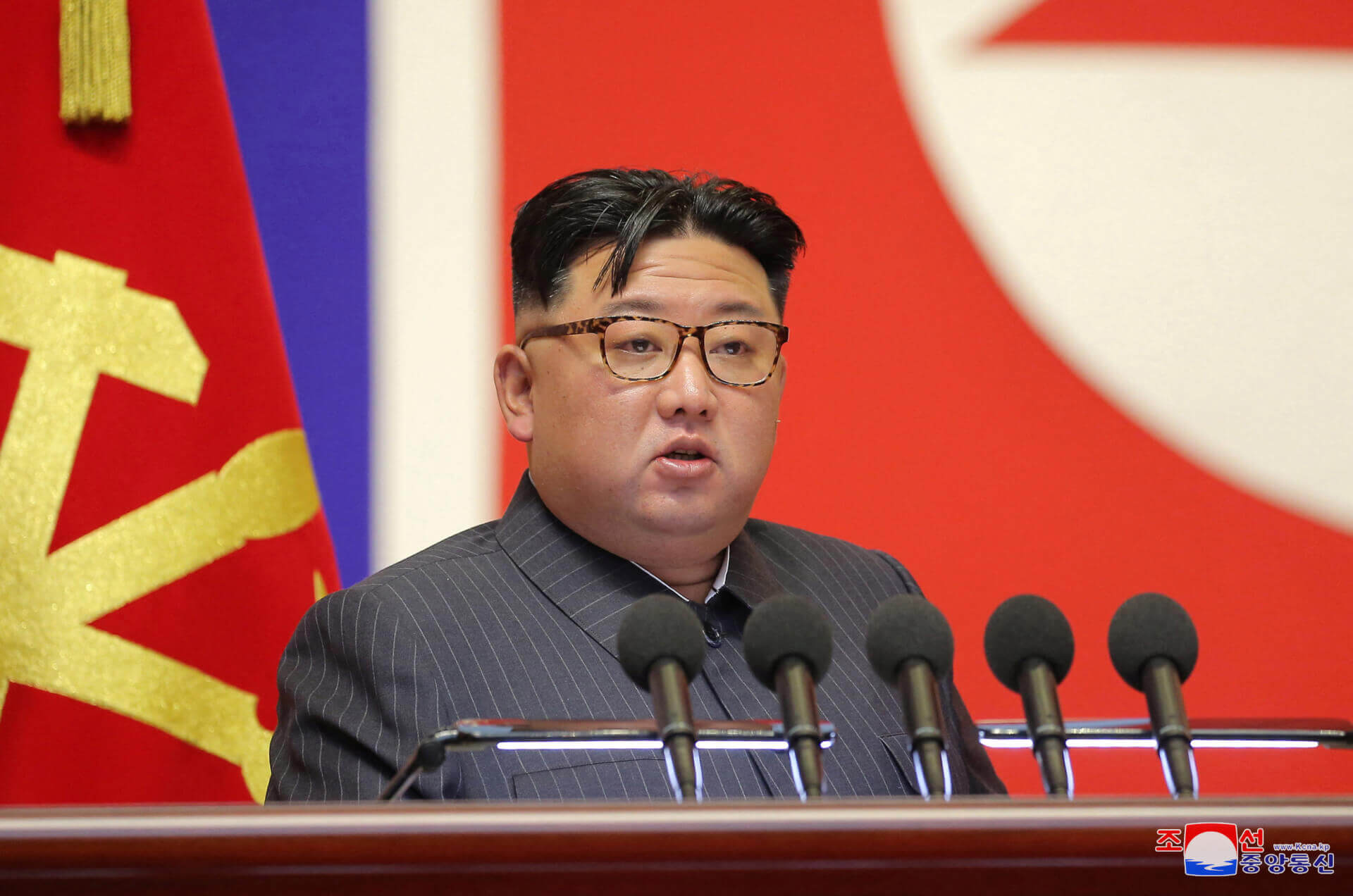Earlier this month, North Korea passed a law that declared its “irreversible” nuclear status, wherein Supreme Leader Kim Jong-un asserted that no amount of sanctions, negotiations, or “bargaining” would stop it from pursuing its nuclear ambitions. Saying that North Korea needs the weapons as a matter of self-defence against the United States (US), Kim enshrined the country’s first-strike capability in its “basic mission to deter a war.”
“Let them sanction us for 100 days, 1,000 days, 10 years or 100 years…We will never give up our rights to self-defense that preserves our country’s existence and the safety of our people just to temporarily ease the difficulties we are experiencing now,” Kim underscored.
Similarly, the leader’s sister, Kim Yo-jong, the vice department director of the Central Committee of the country’s ruling Workers’ Party of Korea (WPK), called Pyongyang’s nuclear programme “an honour” and its “destiny” and said it could “not be bartered.”
In fact, the International Atomic Energy Agency revealed earlier this month that there are indications that North Korea is continuing to enrich uranium at its Yongbyon nuclear site. Likewise, back in March, United States (US)-based researchers said that commercial satellite imagery showed signs of new construction and repair work being carried out at Punggye-ri for the first time since the site was shut down in 2018. US spy satellites have since spotted new tunnels in areas where such tests have taken place in the past.
Against this backdrop, both the US and South Korea have warned that the rogue state has already completed preparations to carry out a seventh nuclear test, the country’s first since 2017. Supporting this claim, the reclusive regime has already launched over 30 missiles this year, including six Intercontinental Ballistic Missiles (ICBMs).
Therefore, it has now become abundantly clear that Pyongyang has ushered in a permanent shift in the global security paradigm, wherein the international community, particularly South Korea and the US, may be forced to refocus its efforts from denuclearisation to co-existence with a nuclear North Korea.
Against this bleak backdrop, we must carefully consider what measures those within range of the North’s lethal weapons, as well as the global community at large, can take to protect against the omnipresent threat of a volatile regime with an arsenal of weapons of mass destruction at its disposal.
In a paper for the Rand Corporation, researchers noted that “with negotiations having absolutely failed to accomplish” the objective of denuclearisation, Seoul and Washington “must now turn their attention to deterring North Korean nuclear weapon attacks and being able to defeat such attacks if deterrence fails.” They added that the allies “must prepare to fight and win a war on the Korean Peninsula under conditions of North Korean nuclear weapon use” and that “both countries must be prepared to implement the current US policy of destroying the Kim regime if it uses nuclear weapons.”
The researchers further noted that although Seoul and Washington “do not want to fight a war with North Korea, especially a nuclear war… [North Korea has left them] with no option other than a major effort focused on deterrence and defence.” Keeping this in mind, they suggested: “The best way to avoid a nuclear war with North Korea are to prepare for it and to demonstrate to North Korea that it cannot win such a conflict, even if it uses nuclear weapons.”
“The logic of deterrence suggests that if North Korea clearly recognises that it cannot benefit from the use of nuclear weapons, it probably will be deterred from using them,” they posited, adding that Seoul and Washington must impress upon Pyongyang that using nuclear weapons would give the US justification to destroy the Kim regime and push for unification with the South.
Given that such threats have proven “ineffective” in the past, some experts have suggested that the US and South Korea should instead turn to China. However, this may be grossly overestimating China’s influence over North Korea. Although China controls 80-85% of North Korea’s trade, Pyongyang has repeatedly insisted and shown that it is an independent decision-maker, even when this may be harmful.
For instance, UNICEF reported last year that North Korea rejected an offer of three million doses of China’s Sinovac COVID-19 vaccines, despite suspected cases within its heavily patrolled borders, either as a means to continue claiming that it had zero COVID-19 cases or to show that it did not require any outside help.
North Korea has also shown little inclination to protect its economy—even when faced with existential threats—when they interfere with the objective of totalitarianism. In fact, as part of a series of pre-emptive measures during the COVID-19 pandemic, the regime halted trade and people-to-people exchanges and sealed its borders with China last year, despite Beijing being its main economic lifeline. By rejecting vaccines and closing borders for a prolonged period of time, Kim was reportedly able to “bring the economy back under state control” and tighten restrictions on citizens even further under the guise of public health, thereby strengthening his already iron-grip on power even as the economy continues to wither.
Ultimately, it has become clear that the international community cannot do anything to avoid a nuclear North Korea. The US, South Korea, and Japan are now left with two equally unappealing choices—take a volatile North Korea at its word that it will not use nuclear weapons unless it deems that it was “provoked,” or threaten that same unpredictable nuclear-armed state with destruction and hope that it backs down instead of using the nukes it has repeatedly warned that it will not shy away from launching.
How Can We Learn to Live With a Nuclear North Korea?
Both the US and South Korea have warned that the rogue state has already completed preparations to carry out a seventh nuclear test, the country’s first since 2017.
September 30, 2022

Kim Jong Un IMAGE SOURCE: REUTERS
